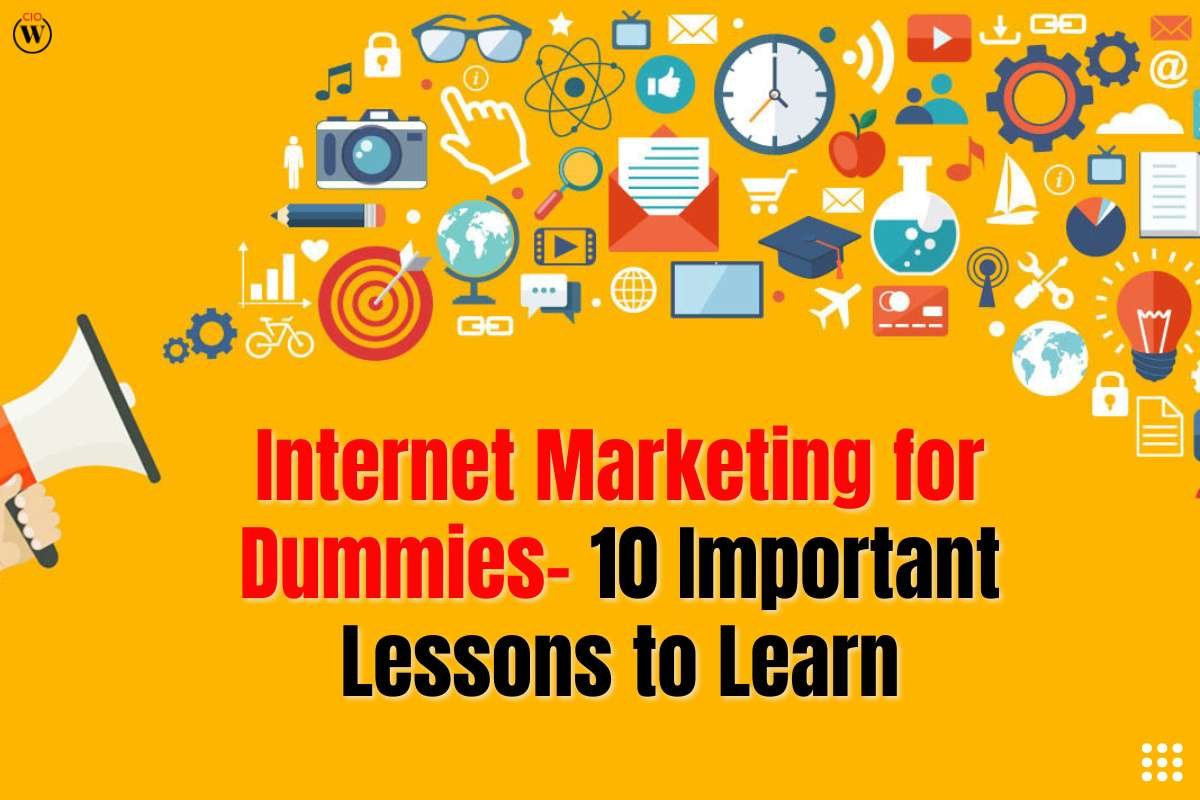It’s not easy for any business to chase continued, linear growth, nor can any company leader expect smooth sailing in all areas of operation. However, it’s generally understood that if you keep your eyes open, learn from others, adhere to good business sense, and continue to demonstrate your value (which needs to be invested in), you have a solid shot at success.
However, the one major issue limiting this will be decisions that cause you to spin your wheels. Think of a gym-goer who might want to build strong functional strength, but who only performs circuit machine workouts, which don’t train the full range of motion. It may seem as though the available equipment should be doing what it’s advertised to do, but learning a regimen in the free weight section, with ergonomic movements, could help them see more progress in a month than in the previous six.
This is a good metaphor for how even well-meaning companies can spin their wheels if they’re not attentive to their various commercial needs. In this post, we’ll discuss five common business mistakes that cause companies to lose momentum.
1. Mistaking Activity For Progress

There’s a flurry of work to do at any time, but especially when you first start your business. That said, it’s easy to fall into the trap of being busy without getting anything meaningful done. This is one of the most common business mistakes—confusing a full schedule with a productive one. You might have a team that’s in back-to-back meetings, answering a ton of emails, and checking off a long list of daily tasks, but if those activities aren’t leading to a clear, measurable goal, you’re just spinning your wheels.
This is why continued scaling of appropriate business goals and communicating them clearly is essential, so every action has a purpose and even when you provide staff autonomy, there are deadlines, and procedures or steps to follow. You can ask yourself if a task is moving you closer to your main goal, and if it’s not, you might want to re-evaluate it with briefings with your department heads, even if that’s just your partner.
2. Mismanaging Cash Flow
A company can be profitable on paper but still run into serious trouble if it doesn’t have a handle on its cash flow, as we see when invoices come and we have a strict date to pay them by. That might sound like common sense, but unfortunately, this is a very common way for a business to spin its wheels.
For example, one of the biggest business mistakes is having poor cash flow. If you’re waiting for a large client payment but need to pay your suppliers right away, you can find yourself in a difficult situation. Having a financial manager to help you structure your income and outgoings, applying them appropriately to the needs of the moment or upcoming bills, and being disciplined about your spending is essential. It’ll give you enough cash on hand to keep the business running as it should. You could keep a close eye on your accounts receivable and make sure you’re getting paid on time while also managing your own expenses to avoid this.
3. Ignoring Customer Feedback

A business that doesn’t listen to its customers is almost certainly spinning its wheels, because customer feedback is one of the most valuable resources you have. It’s true that when a business starts out, it can get old listening to unsolicited advice from anyone who interacts with you. But if they interact, sometimes that means they really do acre about your success, and it can tell you what’s working with your product, what’s not, and where there are opportunities to improve.
The truth is that ignoring this kind of input is like driving with your eyes closed. You may think your product is perfect, but a customer’s real-world experience is what matters most, and if multiple issues have been raised about its use, perhaps the UX design could take another look. That’s just one example, as the entire delivery pipeline should be focused on.
4. Adopting A Poor Distribution Strategy

Having a great product is only half the battle. A major business mistake is not having an effective distribution strategy, which can render all your efforts useless if the product can’t get into the hands of the right customers. A distribution strategy that worked ten years ago may not be the most effective today, depending on the suppliers in line or the requirements that have changed. We’re seeing this now with the tariff chaos imposed by the US market.
To help with this, using direct advice from services such as CPG Brand could lend you direct, appropriate insight depending on who you’re delivering to, when, and what kind of manufacturing supplies you also need to receive. This can also tie into your environmental strategy, because more delivery with less trucks on the road is generally considered a wise outcome. They say that military conflcits are completely decided by supply lines, and if they’re that important in such severe circumstances, you can bet that appealing to a wild and changing market should follow that same logic.
5. Failing To Invest In Employee Development
As a new business it’s easy to delay some of the most pressing employee investment until “later on,” with the understanding that those who join and work for you now get benefits later. Though remember a business’s greatest asset is its people, and if you’re not investing in them, you’re not maintaining the best asset you have as you start to pick up capable excess. For instance, if you have the means to train your first employee in public speaking, that next pitch they give in an investor meeting or expo booth could be so much better.
Trusting in your people, even in humble scenarios, is always going to be a wise idea. If anything, it should keep such employees tied to your business and less focused on looking for other opportunities, as some new hires can gain cold feet in a small firm that hasn’t proven itself just yet.
We hope this advice helps you avoid common business mistakes and continue to build a strong foundation for your new company.








